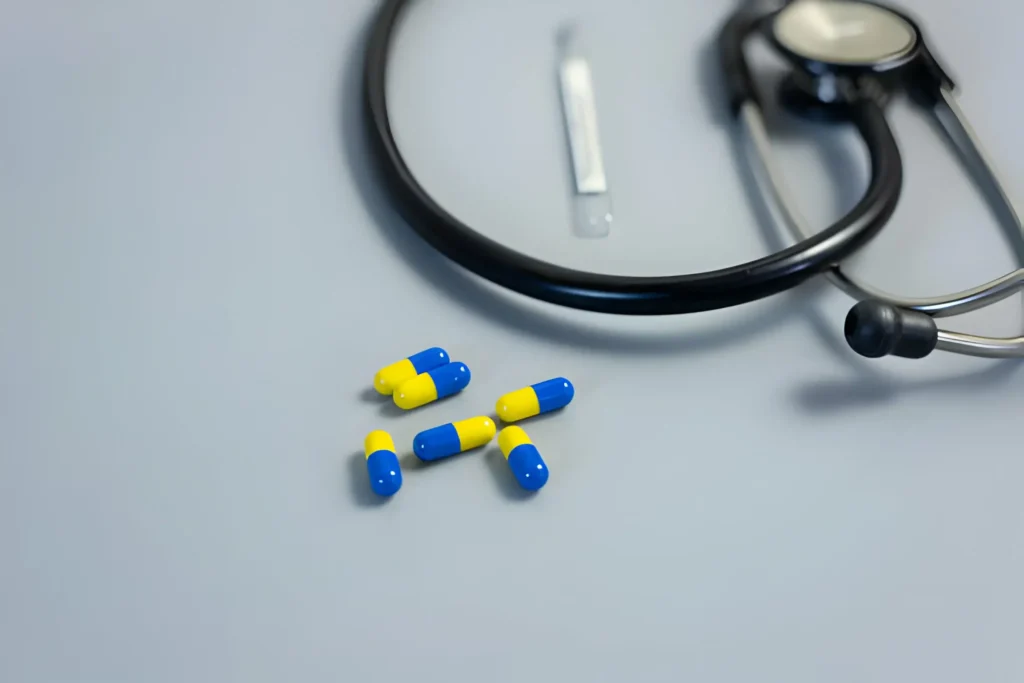Exploring Treatment Options for ETOH Abuse: What You Need to Know

ETOH Abuse
For individuals struggling with alcohol dependency, acknowledging the need for intervention marks the pivotal first step toward reclaiming brighter futures.
Medically termed ETOH addiction, psychologically compulsive behaviors fuel excessive ethanol alcohol consumption despite accumulating adverse impacts across relationships, careers, and well-being.
Tailored treatment plans providing professional support, peer empathy, and long-term strategies empower each person’s unique recovery journey.
With relapse risks ever present even after rehabilitation, succeeding with ETOH addiction requires a consistent commitment to aftercare programs reinforcing new coping strategies.
The road ahead invites ongoing perseverance, but the horizon promising liberation from dependence kindles lasting hope. Despite past struggles, the freedom of rediscovering one’s strongest self remains attainable through evidence-based treatment options and community strength.
Understanding ETOH Abuse
ETOH addiction manifests when alcohol consumption shifts from casual enjoyment into psychologically compulsive patterns, having severe lifestyle impacts.
As tolerance increases, so do quantities consumed to achieve desired effects until intoxicated states become norms. Professional interventions clarify diagnostic distinctions between habitual drinking and chemically dependent alcohol use disorders.
Treatment Options for ETOH Abuse
The journey to recovery from ETOH abuse is unique for each individual, with treatment plans tailored to meet personal needs and circumstances. Here are some of the most effective treatment options:
- Detoxification: The first step in treating ETOH abuse is often detoxification, a medically supervised process that helps individuals safely withdraw from alcohol. This stage may involve medication to manage withdrawal symptoms, which can range from mild to life-threatening.
- Inpatient Rehabilitation: Inpatient therapy offers a controlled setting geared toward recovery for persons suffering from severe ETOH abuse. These programs offer comprehensive care, including medical supervision, therapy, and support services, typically lasting 30 to 90 days.
- Outpatient Programs: Outpatient treatment allows individuals to live at home while attending therapy and support sessions. This option is best suited for those with mild to moderate ETOH abuse issues or as a step down from inpatient care.
- Therapy: Various forms of therapy are central to ETOH abuse treatment, including cognitive-behavioral therapy (CBT), motivational interviewing, and family therapy. These approaches help individuals understand the root causes of their abuse, develop coping strategies, and rebuild relationships.
- Support Groups: Groups like Alcoholics Anonymous (AA) provide peer support and accountability, which are vital for long-term recovery. Sharing experiences and strategies with others facing similar challenges can offer encouragement and a sense of community.
- Medication-Assisted Treatment (MAT): MAT can be an effective component of a treatment plan, using medications to reduce cravings and withdrawal symptoms. This approach is often combined with counseling and behavioral therapies.
Choosing The Right Treatment Plan

Selecting the most appropriate treatment plan involves considering the severity of the ETOH abuse, personal health history, support system, and lifestyle. Consulting with healthcare professionals specializing in addiction can provide valuable guidance and ensure that the chosen path aligns with the individual’s recovery goals.
The Importance of Aftercare
Maintaining sobriety over lifelong journeys demands proactive aftercare, balancing continued therapy, wellness education, medication monitoring, and support groups.
Aftercare deters complacency while empowering those in recovery to mentor others. Combined aftercare strategies reinforce positive lifestyle changes, well-being benchmarks, and essential coping mechanisms for destabilizing life events.
Conclusion
Navigating recovery from ETOH addiction is a complex, lifelong journey rather than an instant transformation. But by taking the first step towards treatment, individuals reassume control over forging their futures.
Comprehensive therapies, medical supervision, aftercare programs, and supportive communities empower each person to discover their strongest, healthiest self – no longer chained to dependence’s destructive compulsions.
For more exciting news, visit.Timesinform










